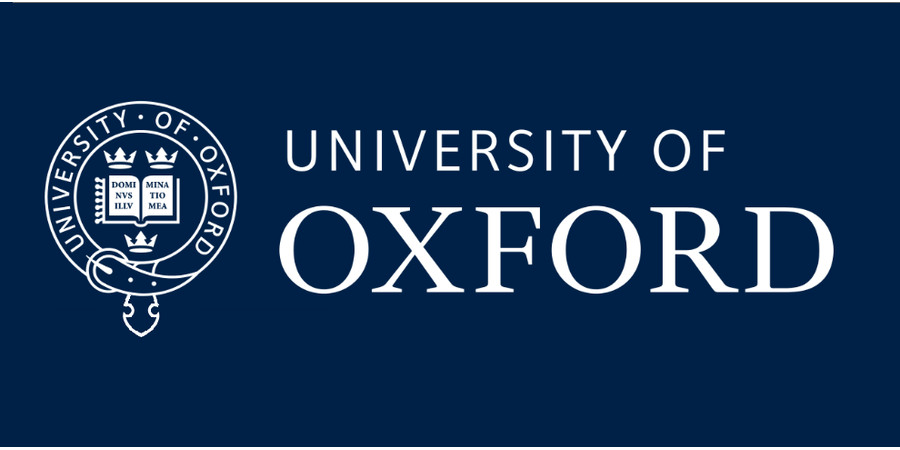Research Assistant
University of Oxford - Department of Experimental Psychology
| Location: | Oxford |
|---|---|
| Salary: | £34,982 to £40,855 per annum |
| Hours: | Full Time |
| Contract Type: | Fixed-Term/Contract |
| Placed On: | 8th April 2025 |
|---|---|
| Closes: | 19th May 2025 |
| Job Ref: | 179085 |
How do Cognitive maps fail? And what can that tell us about the symptoms of psychosis?
Applications are invited for a research assistant to join a team working on a Wellcome Trust-funded project investigating mechanisms of cognitive map failures in psychosis. The position is fixed-term and funded for 12 months, with the possibility of renewal.
Currently located in the Radcliffe Observatory Quarter, Experimental Psychology will be moving to the new, purpose-built Life and Mind Building (LaMB) a multidisciplinary research and teaching facility due to open in the summer of 2025.
The role will be to provide skilled support for lab members on a program of work investigating how impairments in world and goal models disrupt planning and inference in schizophrenia-related genetic mouse lines. Experiments will involve recording and manipulating prefrontal cortex and hippocampus activity in mice performing a newly developed goal-sequence generalization task. The project will integrate high-density silicon probe recordings, optogenetics, pharmacology and advanced computational tools to analyse neural algorithms, their deficits and their rescue in genetic mouse models.
This project is part of a cross-species, cross-institute collaboration that combines animal research, human neuroimaging of schizophrenia patients, and computational modelling using artificial neural networks. It brings together teams led by Mohamady El-Gaby (Oxford Experimental Psychology), Matthew Nour (Oxford Psychiatry), Rick Adams (UCL), and Maria Eckstein (DeepMind/UC Berkeley), along with collaborators across four continents. The post offers the opportunity to collaborate with researchers from these groups, providing exposure to psychiatry, human neuroscience, and computational science.
The successful candidate will be qualified to MSc or equivalent degree level in a relevant discipline (e.g. Neuroscience), and hold a Personal Licence to conduct animal-based scientific work. With experience in mouse behaviour related to learning and memory tasks and flexibility to temporarily adjust working hours; they will have excellent communication, organisational and time management skills and the ability to work collaboratively as part of a team.
Informal enquiries about the post can be directed to Mohamady El-Gaby (mohamdy.el-gaby@psy.ox.ac.uk).
Only applications received before 12 midday on 19 May 2025 will be considered.
Applications for this vacancy are to be made online. You will be required to upload a supporting statement (please bullet point how you meet the selection criteria), CV and the details of two referees as part of your online application.
We are committed to equality and valuing diversity.
Advert information
Type / Role:
Subject Area(s):
Location(s):









